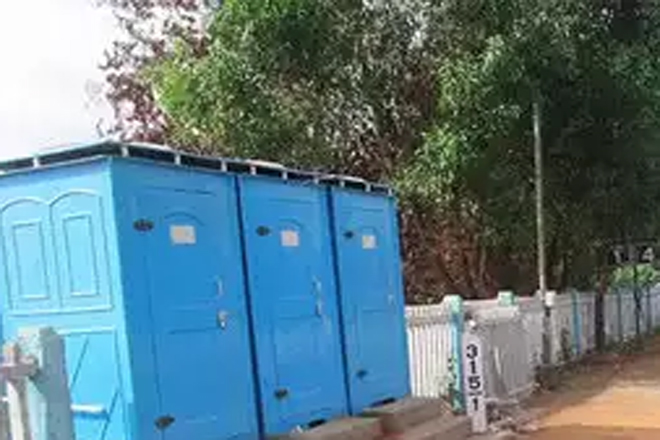New Delhi: Experts questioned Wednesday the government’s claim of the country becoming open-defecation free (ODF). They said the data used for measuring the success of the scheme is ‘archaic’ and people might be slipping back to their old habit.
Dr Sumedh, a public health and sanitation expert, said the data used to measure the scheme’s success is based on a survey done in 2012.
“The ODF status declaration was done on the basis of a baseline survey conducted in 2012 by the Panchayats, Rural Housing and Rural Development Department. The data is very archaic,” the physician said.
Sumedh said the construction of toilets does include aspects like providing water and electricity to the toilet blocks. Absence of water and power can also prevent people from using the toilets.
Speaking at the ‘Swachch Bharat Diwas’ programme in Ahmedabad, Prime Minister Narendra Modi had earlier said rural India and its villages are now open-defecation free.
According to the Housing and Urban Affairs (HUA) Ministry, the country has achieved the dream of an open-defection free India, except in 52 urban local bodies of West Bengal.
The Centre for Science and Environment (CSE) said people might be slipping back to their old habit of open defecation.
Questioning the sustainability of this feat, the CSE said that in the last four years, India has built 100 million toilets in about 0.6 million villages, and another 6.3 million in cities.
“Will the extraordinary success of the Swachh Bharat Mission (SBM) stand the test of time? How will the over 100 million toilets be maintained and kept functional? Will people continue to use them? Will the millions of tonne of waste generated by these toilets be managed and disposed of efficiently, without polluting the environment,” CSE director general Sunita Narain asked.
CSE researchers also pointed out that even if toilets have been built and are being used, the trend can reverse.
“A case in point is Haryana which had declared itself ODF in 2017. A recent investigation… reveals that people are slipping back to the old habit of open defecation,” a CSE statement said, adding there is also the question of safe disposal of waste generated by these toilets.
Dayanand Jadhav, executive president of Triratna Prerana, a Mumbai-based NGO working on community toilets, said the claim seems to have been made based on paper.
Jadhav said the ‘Swachch Bharat Abhiyan- Grameen’ has seen a considerable success but cities like Mumbai cannot be still declared as ODF.
At an event earlier in the day, Housing and Urban Affairs Minister Hardeep Singh Puri said, “I congratulate everyone on having achieved the dream of an open-defection free India (except 52 ULBs of West Bengal). This has been possible with the participation of the biggest stakeholders of the movement — the citizens of this country. We are committed to the Prime Minister’s vision of a SUP free India.
PTI
